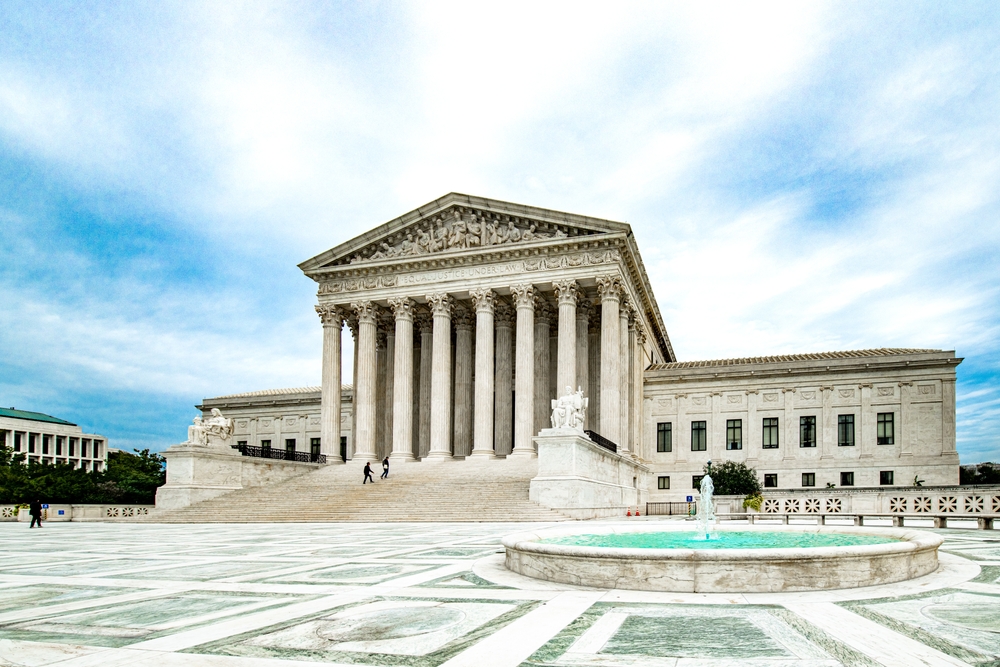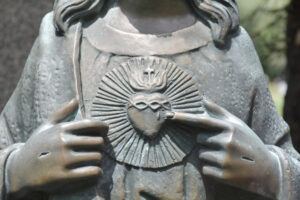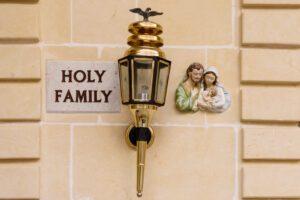Faith groups, Department of Justice back Catholic religious freedom case at Supreme Court
A diverse coalition of religious groups and the Department of Justice are urging the U.S. Supreme Court to rule in favor of a Catholic charity group in a religious freedom dispute in the state of Wisconsin.
The high court in December agreed to hear a case brought by Catholic Charities of the Diocese of Superior after the Wisconsin Supreme Court in March ruled the agency ineligible for a state religious tax exemption.
The state high court had said the charity’s service to the poor and those in need was not “typical” religious activity, in part because it serves and employs non-Catholics and does not “attempt to imbue program participants with the Catholic faith.” Those factors render it ineligible for that decades-old tax break, the court argued.
The case is expected to be heard before the U.S. Supreme Court this spring. The religious liberty law firm Becket, meanwhile — which is representing the Catholic charity — announced on Tuesday that a coalition of 11 “diverse faith groups” joined the Department of Justice and numerous legal scholars in backing the Catholic charity at the Supreme Court.
Among the religious groups supporting the Catholic charity are the General Conference of Seventh-day Adventists, the U.S. Conference of Catholic Bishops, the Church of Jesus Christ of Latter-day Saints, the Lutheran Church–Missouri Synod, the Ethics and Religious Liberty Commission of the Southern Baptist Convention, and the United Methodist Church.
The groups in their amicus brief argued that the Wisconsin high court had committed a “stark departure” from First Amendment case law in its ruling.
The autonomy of religious organizations “would be severely undermined if the First Amendment allowed the government to second-guess their decisions on matters of church government such as a religion’s organizational structure or employment or service decisions,” the brief states.
The First Amendment “forbids such judicial second-guessing of a religious organization’s internal decisions on how to structure itself and its work,” they said.




